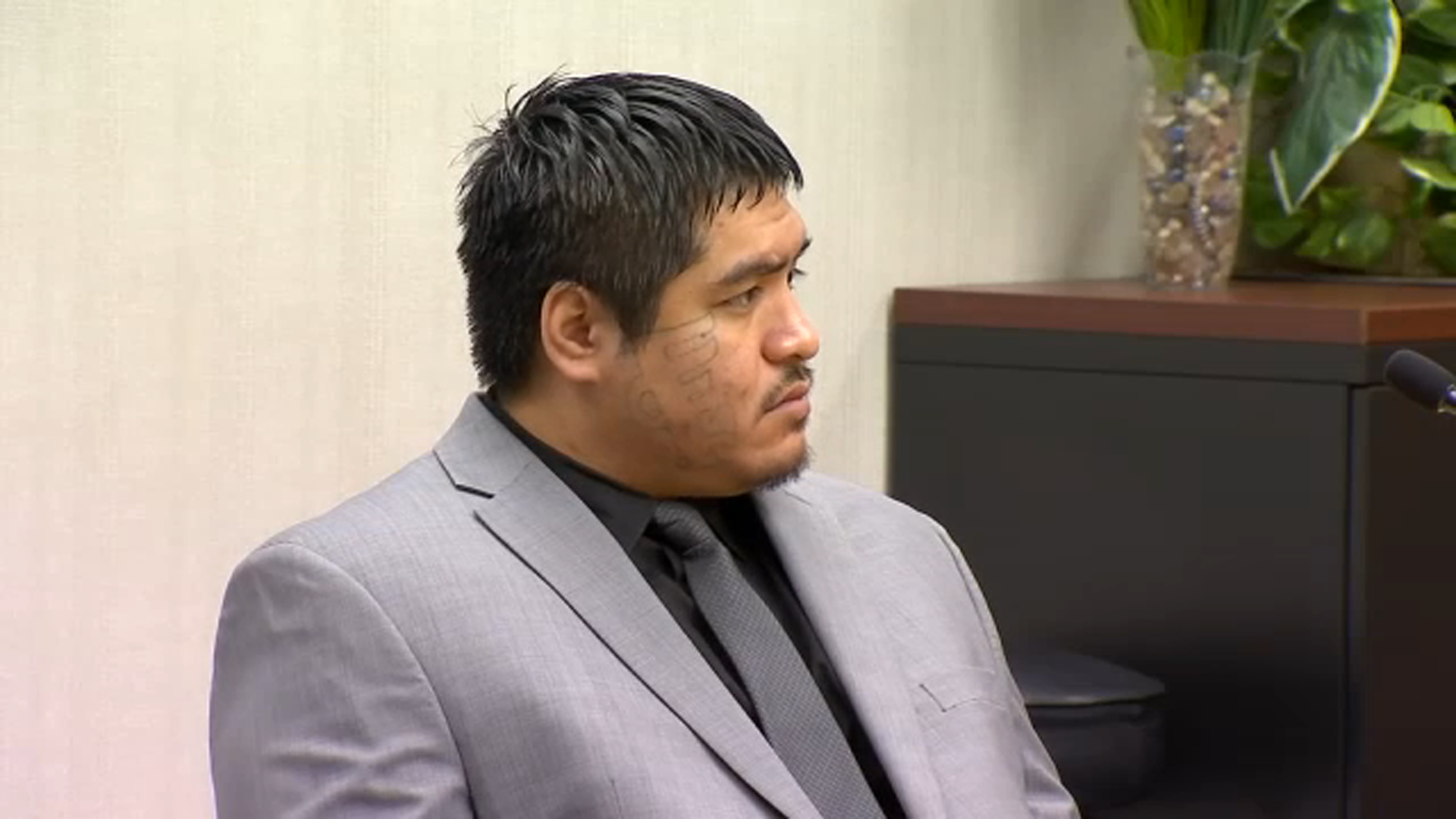Hunting cancer cells in kids with acute lymphoblastic leukemia

FRESNO, Calif. (KFSN) -- Acute lymphoblastic leukemia, or ALL, is cancer of the white blood cells. ALL can strike at any age, but it is most common in kids under the age of 5. Most children respond well to chemotherapy, or in more aggressive cases, a bone marrow transplant. But doctors are now testing a new treatment that uses a child's own cells to "hunt" the cancer and kill it.
Ten-year-old Kaiden Schroeder is such a huge fan of Kansas State, the football team let him suit up for one play.
Jenny Schroeder, Kaiden's mother, told ABC30, "He knows more than I would even begin to tell you about sports."
Kaiden also knows more than most about cancer, Jenny said, "He was diagnosed in May 2009, he had just turned 4."
When chemotherapy didn't work, Kaiden had a bone marrow transplant. His younger sister Ashlyn was his donor.
"After the transplant he had several months off because the transplant was supposed to be the cure that he needed," Jenny explained. But Kaiden's cancer was aggressive and it came back.
Shannon Maude, MD, PhD, Assistant Professor of Pediatrics at the Children's Hospital of Philadelphia is studying a new treatment in patients with recurrent ALL using a patient's own T-cells, a type of immune cell.
"We actually will take the T-cells and make them recognize leukemia as being something foreign that it needs to kill," Dr. Maude explained.
Researchers extract blood with the patient's T-cells and reprogram them. Then they infuse the new T-cells which bind to the patient's cancer cells and wipe out the cancer.
Dr. Maude told ABC30, "92-percent of the patients are in a remission one month after receiving the T-cell therapy."
Jenny said, "These magic little cells that you see as a tube of blood," are working inside Kaiden to keep him cancer-free.
In July 2014, the U.S. Food and Drug Administration designated this T-cell approach as a "breakthrough" therapy, helping the technique move more quickly into additional clinical trials. The T-cell therapy is also being tested in adult patients with other types of cancer.
For more information on this report, please contact:
Rachel Salis-Silverman
salis@email.chop.edu









